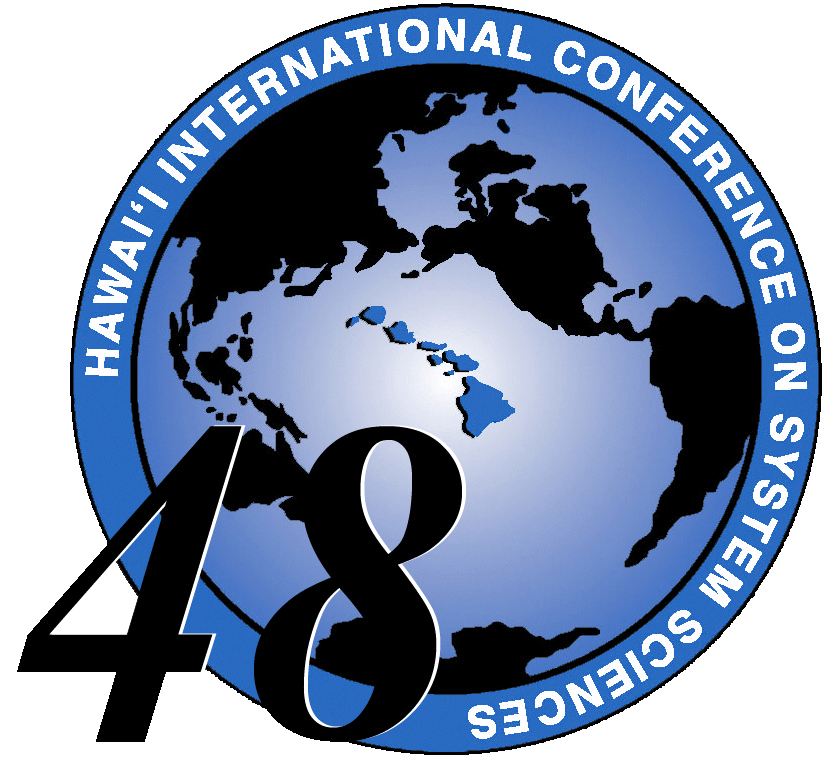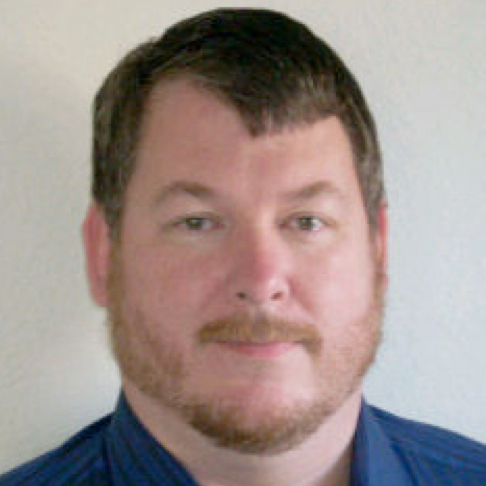HICSS - 48 E-Government Track
48th Hawaii International Conference on System Sciences
January 5-8, 2015 - Grand Hyatt, Koloa/Kauai, HI, USA
Overview
Minitracks
Symposia and Workshops
Other Links
Half Day Workshop: An Adaptable Approach to Information Security Education
The Center for Academic Excellence in Information Security Education has shifted to a modular curriculum system built around the concept of knowledge units (KUs). A knowledge unit is a chunk of information about a specific curriculum topic. The intent of shifting the academic requirements to a system built around knowledge units was to allow the system to be updateable so that it can better reflect the current state-of-the-art in information security. The addition of Focus Areas (FAs) allows schools to create programs that allow differentiation in the specific areas of concentration, both in education and research. The structure and contents of the knowledge units and focus areas was built using academics across the nation in a series of workshops.
The purpose of this workshop is to continue in that outreach endeavor, to allow participants the opportunity to provide feedback into the current system and to propose changes for the future. The overall design of the KU and FA based system was to allow a continual means of improving the alignment of the educational criteria to the real-world challenges of information security. The need for multi-disciplinary contributions to the foundations of the program makes the HICSS conference an ideal location to solicit information for the future direction of information security education.
This workshop presents a venue for collaboration between a wide range of scholars, not just those deeply immersed in information security. As IT systems have grown into a ubiquitous part of our lives, so has information security. This workshop provides participants with a forum to exchange ideas, views and contribute to the repository of knowledge in KUs and FAs. As the material covers not just technical, but social, societal, legal and regulatory aspects, there is room for all to come and engage in shaping the future of education efforts in this area.
Preliminary Agenda
- Introduction to Existing KUs and FAs
- Presentations on current program schedules
- Team based review of KUs and FAs
- Open exchange between teams and members
- Informal report to program sponsors
More information on the workshop leader:
Wm. Arthur Conklin, PhD, is an Associate Professor and Director of the Center for Information Security Research and Education in the College of Technology at the University of Houston. He holds two terminal degrees, a Ph.D. in Business Administration (specializing in Information Security), from The University of Texas at San Antonio (UTSA) and the degree Electrical Engineer (specializing in Space Systems Engineering) from the Naval Postgraduate School in Monterey, CA. He holds a variety of security certifications including Security+, CISSP, CSSLP, CSDP, CRISC, DFCP, IAM and IEM. His research interests include the use of systems theory to explore information security, specifically in Cyber Physical Systems. He has co-authored six security books and numerous academic articles associated with information security. Currently he is working on Smart Grid grants from DOE in the area of workforce development and training. He has an extensive background in secure coding and is a co-chair of the DHS/DoD Software Assurance Forum working group for workforce education, training and development. He is active in the DHS sponsored Industrial Control Systems Joint Working Group (ICSJWG) efforts associated with workforce development and cybersecurity aspects of industrial control systems. A senior member of several professional societies including ISSA, IEEE, ISACA and is a Fellow of National Board of Information Security Examiners.

